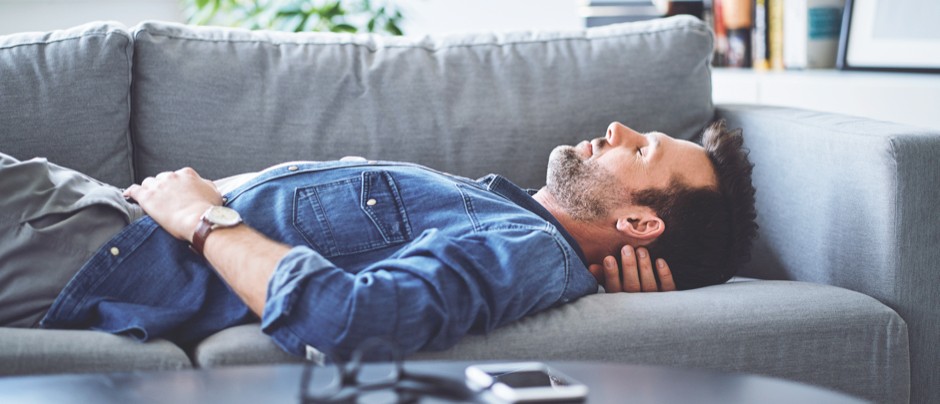Short periods of sleep may enhance aspects of memory and thinking

Short periods of sleep may enhance aspects of memory and thinking
How does sleep help us process information?
There is convincing evidence that memories are developed during deep "slow wave" sleep. In the waking hours, when brain cells learn information, it goes to the hippocampus, the memory area of the brain. Memory is still very fragile, and during sleep, the neural networks between the hippocampus and the rest of the brain are activated.
Using an EEG, we see the cycles of brain waves that are important to strengthening these memories.
How did you test whether naps improved insight?
We developed a task using words associated with emotion. We presented a word on a screen in less than 50 milliseconds [one to twenty of a second] and then blocked it out, so no one was consciously aware of seeing that word. Then we introduced another word “goal” that could be the same or similar to the word disguised: for example, the hidden words “bad” might be shown to participants and then see “unhappy” or “happy,” and we got them to press a button – described as “good” or “bad” — and recorded how quickly they were pressed. People were faster to respond if the word before was similar because similar words took longer to process.
Next, we gave the participants a period of wake or sleep, and they did the same test. People who stayed awake could watch movies or read books, and had to stay awake. People who sleep have reached their 90-minute naps.
The results showed that the people who registered were faster in responding to the target word. This is a fairly small study, with only 16 people and a wide range of ages. We need a larger group and will use EEG to determine which stage of sleep appears to predict performance on the task. We will also do the test overnight. Short periods of sleep may enhance aspects of memory and thinking, but if you have a 15-minute nap in the day, is that better than getting an extra 15 minutes of sleep at night?
What are the practical applications?
We can look at people who don't sleep well and see all kinds of problems, not just with their mental and cognitive health, but their general health as well. Some patients with mild cognitive impairment and dementia have problems with vision and decision-making, and we can see if there is any room to enhance this through sleep modification. This could be through really simple things like personal sleep hygiene, but also more complex brain stimulation using sound or drugs that can promote deep sleep that may help with treatment.






